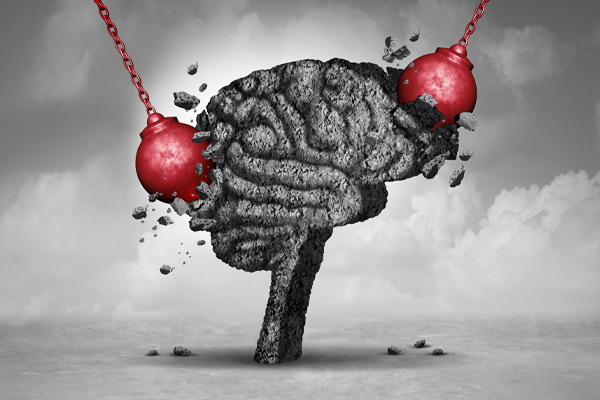TMJ - Headaches and Migraines
Although you’re feeling migraines and headaches on your head, their cause may be connected to the temporomandibular joint (TMJ), the hinge that connects the jaw to the skull.
People aren’t usually aware that the muscles located on the jaw, as well as how the upper and lower teeth meet, can contribute to the pain.
TMJ Migraines
Teeth grinding and clenching cause the jaw muscles to tighten, and this can result in pain. This pain can travel to the skull and trigger headaches and migraines. In some instances, it can also lead to earache, toothache, and back pain.
Migraine is a common symptom of TMJ disorder. The pain can be throbbing and sharp. Its exact cause is still unknown, but changes in the brain and how the nerves interact can play a role.
Stress can also trigger migraines. In the case of TMJ migraines, it’s the physical stress in the jaw that can cause migraines to occur.
Other symptoms that come with migraines include dizziness, nausea, and vomiting. For some people, auras or sensory changes can also occur before the episodes. Examples of auras include vision loss, sensitivity to lights and sounds, difficulty speaking, and numbness in the face.
Migraine attacks can last for several hours or days. A severe migraine can affect a person’s ability to participate in daily activities.
TMJ Headaches
A person may also experience non-migraine headaches due to TMJ problems.
TMJ headaches can be more painful on the side where the TMJ is worse. They can also occur more often due to TMJ disorder. However, episodes don’t come with other common complaints associated with TMJ migraines.
But since migraines and headaches may develop and become more frequent due to TMJ disorders, addressing TMJ disorders can also help them.
If occlusion (bite) issues cause TMJ disorders, then balancing the bite to align with the head and neck can help prevent migraines and headaches.
Treating TMJ disorders may include customizing a dental orthotic or a removable oral appliance to minimize teeth grinding and clenching.
Treating TMJ Migraines and Headaches
Your bite can improve with the help of a custom oral appliance done for you at the dental office.
You can reduce teeth grinding and clenching, minimize pressure on your jaw muscles, and keep migraines and headaches from developing.
By restoring your body’s balance, you can do more every day. If you’ve been dealing with headaches or migraines and feel that they may be related to bite or jaw issues, please visit us at Wing Dental.
Call us today to book a consultation with the dentist to diagnose jaw problems and find appropriate solutions for them.



© 2025 Wing Dental and H-cube Marketing, www.DentalGrowthStrategies.com. All Rights Reserved.
